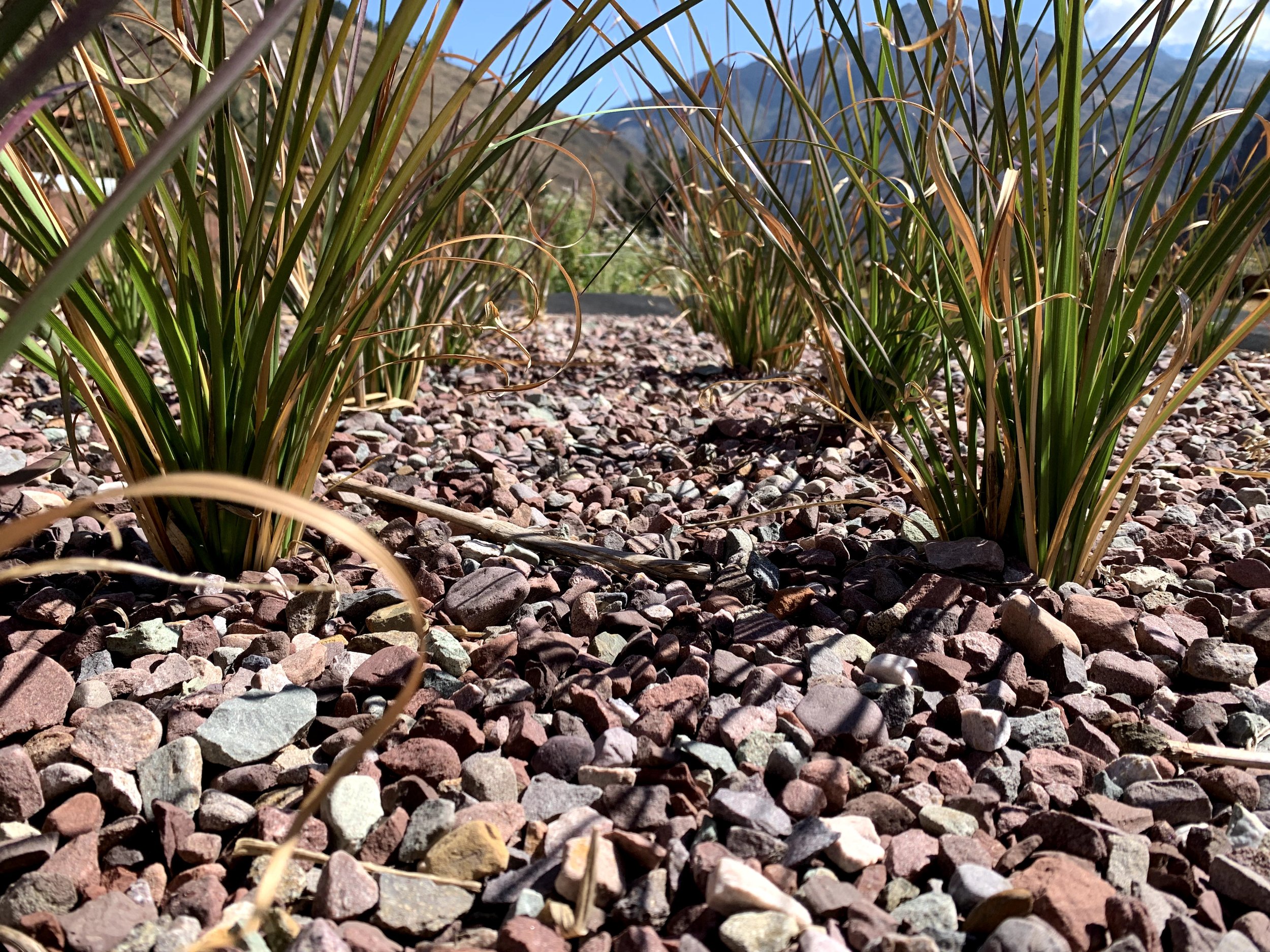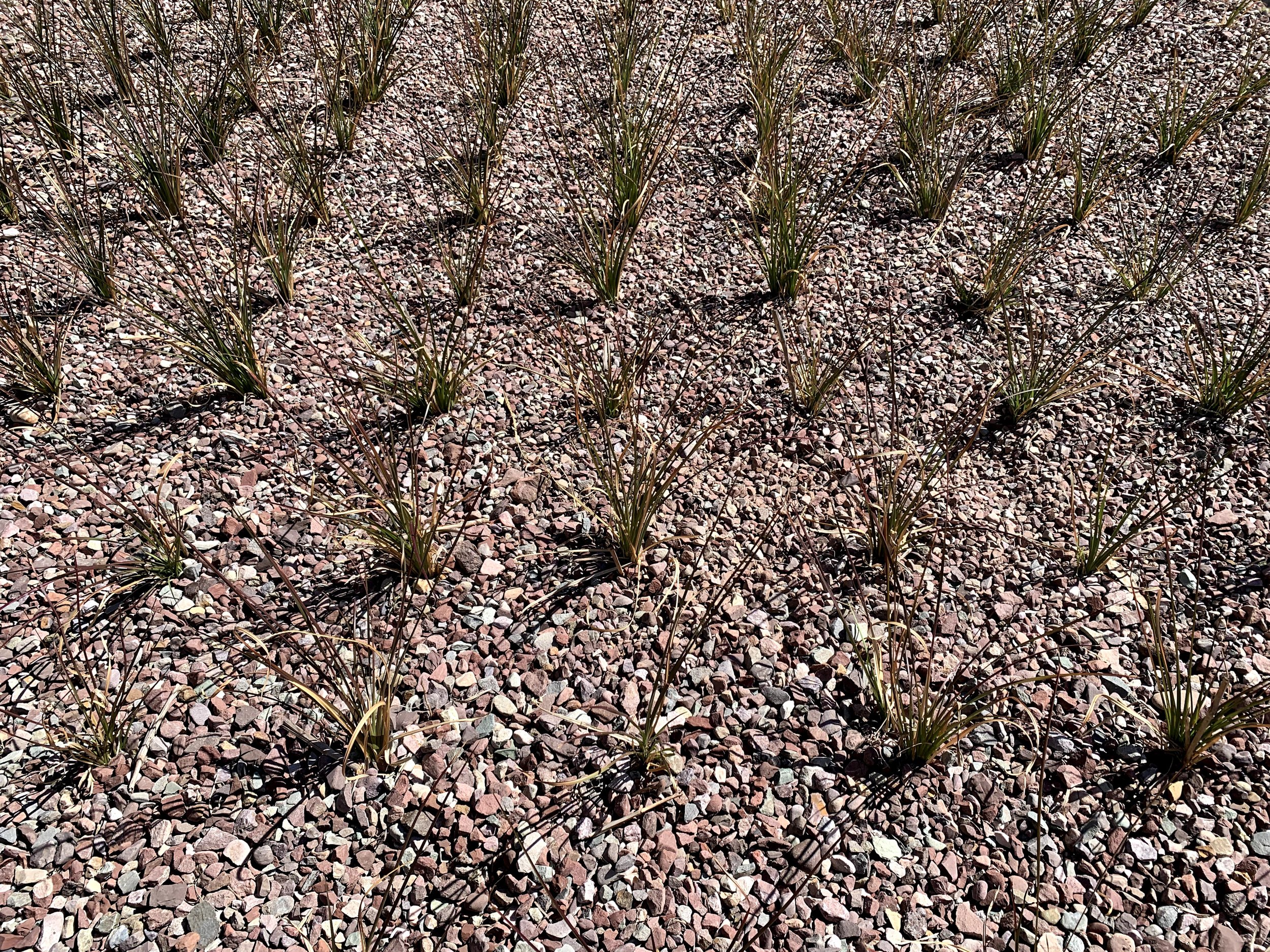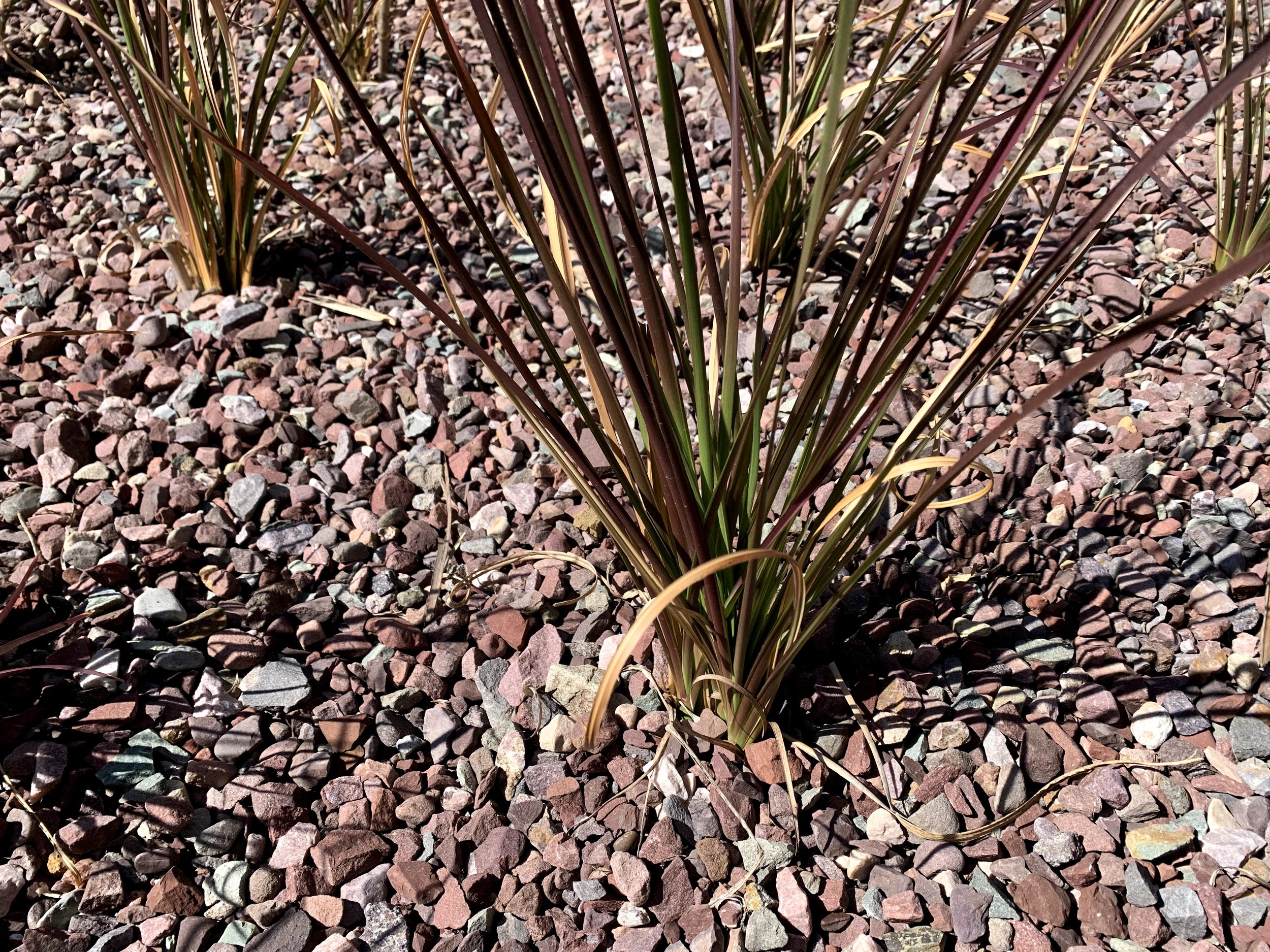
Irrigation water and biofertilizer produced from all wastewater content.
This system transforms wastewater emissions into valuable resources and eliminates the discharge of effluents into public networks.
It treats wastewater using vetiver wetlands, which purify it to an ideal level for irrigation, allowing the reuse of domestic or commercial water and doubling its utility.
Solid emissions are converted into biofertilizer, benefiting ecosystems, crops, and gardens.
No more sewage emisions.
Our wastewater recovery system through vetiver wetlands proposes a sustainable approach, doubling water utilization, producing high-quality organic fertilizer, and eliminating pollutant emissions from sewage. This solution creates a positive environmental impact through an efficient and low-maintenance system. The physical and biological filtration system operates in two stages: the first stage retains solid material, and the second stage purifies wastewater using the vetiver roots' natural capabilities. The methane-free process prevents disease spread, conserves water and soil, mitigates climate change, eliminates pollutant emissions and generates valuable agricultural resources.
Contributing to ecology
The recovery of wastewater using vetiver wetlands proposes a comprehensive and sustainable approach to address challenges related to water and soil contamination. This solution, designed to recover 100% of wastewater emissions, purifies water and transforms solid components into high-quality organic fertilizer, thereby producing valuable resources and facilitating permaculture practices.
Functioning and production
The first stage of treatment focuses on solids separation through screening, while the second stage purifies sewage water through a gravel filter planted with vetiver roots. The solid components produce high-quality fertilizer and the water is purified to an ideal degree for irrigation purposes.
Biological filtration and vetiver
The wastewater recovery systems using vetiver wetlands are biological and physical filters where vetiver roots play a crucial role. This perennial grass (Chrysopogon zizanioides) is highly resilient, fast-growing, and effective in phytodepuration. It has the ability to purify water by absorbing, metabolizing, and transforming harmful compounds into less toxic or inert forms. Vetiver roots absorb contaminants present in water and promote biodegradation and mineralization. As a result, the treated water that overflows from the vetiver wetland is of good quality for irrigation, with reduced levels of contaminants, clarity, and free from odors.
Zero emissions, safety, and health
Unlike biodigesters, this wastewater recovery system operates through aerobic decomposition and does not emit methane, a potent greenhouse gas. Its design also prevents the spread of disease vectors such as mosquitoes and midges, while keeping untreated water separated from the soil to prevent water resource contamination. Thus, it contributes to water and soil conservation, as well as climate change mitigation by eliminating emissions of gases that contribute to global warming.
An important step toward sustainability
The wastewater recovery system using vetiver wetlands eliminates pollutant emissions from sewage and produces valuable resources for agricultural production.





